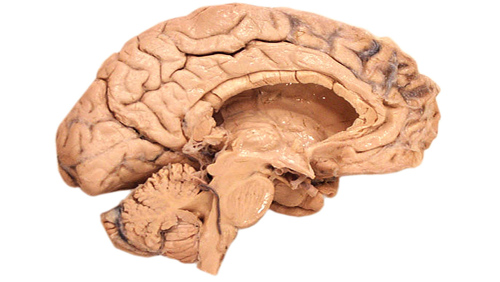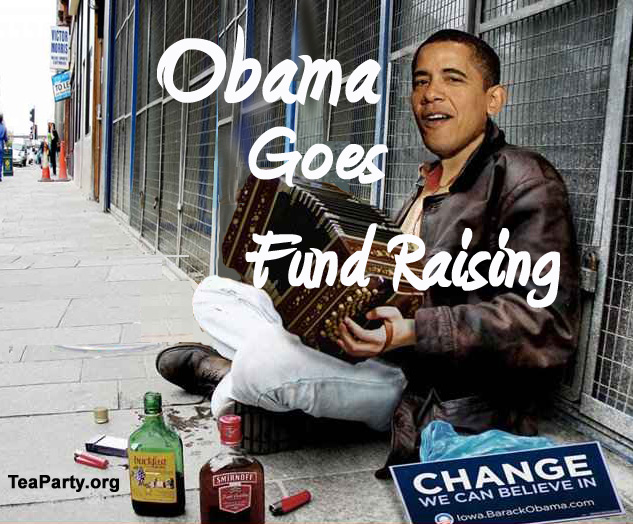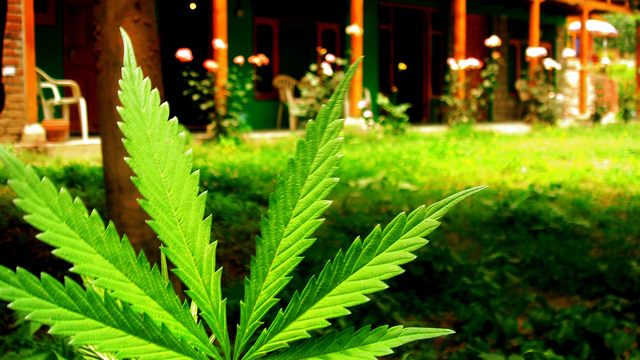The head of the UN Environmental Programme’s Green Economy Initiative, Pavan Sukhdev, sits down for tea with The Economist to discuss how to assign an economic value to nature.
All Articles
A lengthy investigation by the Washington Post reveals the resurgence of the military-industrial complex since 9/11 and how expensive and unaccountable private contractors fill our ranks.
Leonardo da Vinci didn’t invent the sfumato technique, which produced the “smoky” effects of masterpieces such as the Mona Lisa, but he may have perfected it. For centuries, art experts […]
Paris doesn’t pause. The New York Times cover story today on a scandal consuming the city noted that “this being France, a film will be made, and comparisons to the […]
The key to fighting Alzheimer’s disease may be a single brain protein called amyloid beta, which is the subject of dozens of current scientific studies. A recent New York Times article […]
In a series of tweets Sunday, Sarah Palin first “invented” the word “refudiate” (while, perhaps, trying to come up with “repudiate”), and then defended her word choice in another tweet […]
Racial animosity is racial animosity, whatever flavor it comes in – southern redneck scorn, poorly disguised northern liberal contempt, conservative country club hatred, or the calculated disdain of minority elites […]
Last week, the NAACP passed a resolution at its annual convention asking Tea Party leaders to condemn the racists in their ranks. The NAACP was right on the money. Regardless […]
Screenwriter Danny Rubin says that he came up with the idea for the classic comedy “Groundhog Day” while thinking about the idea of immortality—and, specifically, how a person might change […]
California is currently considering a couple of bills that could effectively legalize marijuana use. One plan would place a heavy excise tax on the drug—which could help plug the state’s […]
“The public health establishment has been wrong before. The best advice that government can give citizens is to develop their own diet and exercise plans.” Read it at the L.A. Times.
The American credit crisis was a direct result of widening income inequality, says Daniel Indiviglio at The Atlantic. Achieving the American Dream came to mean drowning in debt.
“The most underrepresented groups on elite campuses often aren’t racial minorities; they’re working-class whites (and white Christians in particular) from conservative states and regions.”
“For people with depression the world really does look dull. That’s because their ability to perceive contrast is impaired.” A new experiment could help diagnose clinical depression.
“Us ranchers on the Great Plains are used to adapting. City folk could learn much from the way we use our scarce resources.” One conservationist rancher writes about her hopes for The Guardian.
“Any effort to bring peace between Israelis and Palestinians must reckon with the fact that bitter experience has taught many Israelis to doubt that their foes want a lasting concord.”
“The mass-deportation fantasies of some restrictionists notwithstanding, the great majority of ‘illegals’ are here to stay.” The New Yorker draws the borderlines of the real immigration debate.
“The finance industry, regulators, and political leaders need to create a shared sense of collective responsibility for the system as a whole,” says Nobel Laureate Michael Spense.
Did Obama abuse the power of the Presidency when he told BP to create a $20 billion escrow account? “Yes,” say Nobel Laureate Gary Becker and Judge Richard Posner at the U of Chicago.
A Harvard psychologist says we group people into two broad categories: “moral agents” and “moral patients”; those who take action and those who receive the actions of others.
Is there a coastal area close to your heart? Imagine the water there 23 feet higher than it is now. Sea levels are rising, and it can be painful to […]
From Mel Brooks to Woody Allen to Jackie Mason to Sarah Silverman to Sacha Baron Cohen, Jewish comedians have a long and celebrated history of telling jokes about their own […]
To coin a phrase by Britain’s pre Second World Prime Minister, Neville Chamberlain, “It is a faraway country of which we know little”. Chamberlain was of course referring to Czechoslovakia, […]
Between the equally persuasive arguments for and against monogamy exists real life. Michael Thomsen at The Faster Times came and went from monogamy but remains monoamorous.
In evolutionary terms, menopause is something of a mystery since it inhibits further reproduction. The Economist explains the evolutionary advantages of having a grandmother.
“After a federal appeals court struck down the FCC’s regulations on indecency, network television will have license to depict more violence, use more profanity and get a whole lot sexier.”
Governments whose national health services include homeopathic treatments are being asked to eliminate such programs by those who question homeopathy’s medical legitimacy.
“It’s a provocative question, but that’s exactly what a group of health care specialists on the other side of the pond are recommending.” The British Medical Journals draws parallels to neglect.
“The Pacific island hoped the sale of its ‘.tv’ suffix to websites would boost its troubled economy. Now it says it is being deprived of millions in royalties.” The Independent reports.
“What Egypt needs is a durable social movement that decades from now can influence politicians and decision-makers.” Osama Diab at The Guardian is nostalgic for flower power.










